Introduction to Nitrogen in Your Garden

by
Colleen Anderson
(IC: blogger)
You may have noticed the letter NPK on bags of fertilizer or other organic matter in the past. These letters stand for Nitrogen-Phosphorus-Potassium (in that order) and these are essential nutrients for your garden and its plants.
Of these three nutrients, nitrogen is often the one that is most difficult to get to the right level. It can be very transient but is critical for plant growth.
Signs of low levels of nitrogen include: - yellow or pale green leaves- slow plant growth, despite other good conditions
Some plants use more nitrogen than others. These include:- corn- lettuce- tomatoes- squash- cucumbers - cabbage
To replenish the nitrogen in your soil, you may have to do more than just add compost, especially if you often grow many of the crops listed above. Here are few ideas for boosting your nitrogen levels:- Cover crops of alfalfa, clover or peas can help boost the nitrogen levels in your soil. These crops will be turned into the soil after you are finished with them (as opposed to being pulled up and composted, as you may do with other crops). - Composted manure, especially poultry manure - Blood Meal - Fish emulsion - Chilean nitrate – a soluble mineral salt mined in Chile
I’m planning to plant a cover crop this fall in the front yard to help build up the soil. I’m thinking of planting fava beans, as they grow very well here and my mom claims that that they are delicious. What do you do to increase the nitrogen in your soil where you are?
Of these three nutrients, nitrogen is often the one that is most difficult to get to the right level. It can be very transient but is critical for plant growth.
Signs of low levels of nitrogen include: - yellow or pale green leaves- slow plant growth, despite other good conditions
Some plants use more nitrogen than others. These include:- corn- lettuce- tomatoes- squash- cucumbers - cabbage
To replenish the nitrogen in your soil, you may have to do more than just add compost, especially if you often grow many of the crops listed above. Here are few ideas for boosting your nitrogen levels:- Cover crops of alfalfa, clover or peas can help boost the nitrogen levels in your soil. These crops will be turned into the soil after you are finished with them (as opposed to being pulled up and composted, as you may do with other crops). - Composted manure, especially poultry manure - Blood Meal - Fish emulsion - Chilean nitrate – a soluble mineral salt mined in Chile
I’m planning to plant a cover crop this fall in the front yard to help build up the soil. I’m thinking of planting fava beans, as they grow very well here and my mom claims that that they are delicious. What do you do to increase the nitrogen in your soil where you are?
Enjoyed the project?

Want more details about this and other DIY projects? Check out my blog post!
Published January 28th, 2014 11:25 PM
Comments
Join the conversation
1 comment
-
They are delicious! Nitrogen is essential for plant health, but is often overdone. Too much of it can cause plants to produce foliage at the expense of flowers. And many areas of Florida ban the use of fertilizers containing nitrogen during our summer rainy season to help protect our waterways.
 Douglas Hunt
on Jan 29, 2014
Douglas Hunt
on Jan 29, 2014
-

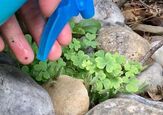

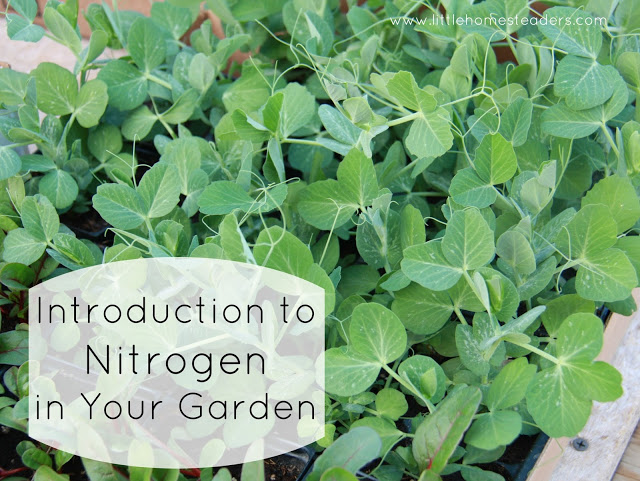


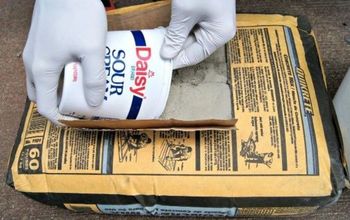

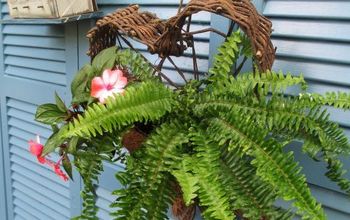


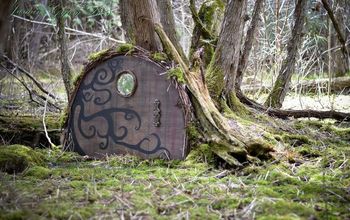
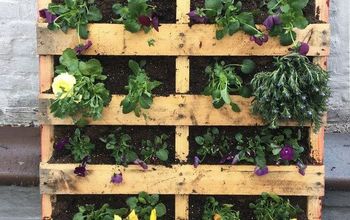
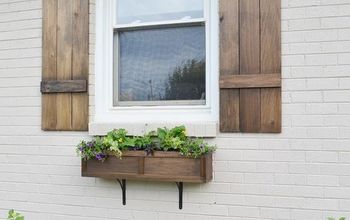





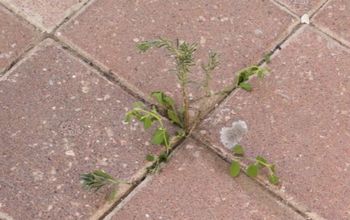

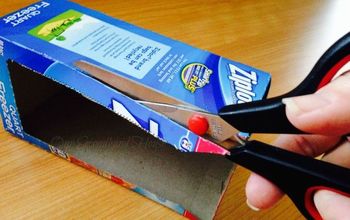


Frequently asked questions
Have a question about this project?